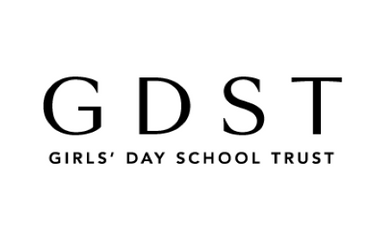Income at the Girls’ Day School Trust (GDST) rose to £286m last year, according to recently filed documents, yet the charity faces “uncertain demand”.
The education charity’s accounts, published earlier this week, show that its income increased by £25m in the year to 31 August 2022, from £261m in 2021.
GDST recorded a surplus of £6m compared with a surplus of £10m the previous year.
The charity reached an agreement with teachers after a pensions dispute during the year and warns on its accounts that it faces “challenging and uncertain” operating conditions.
Higher revenues and expenditure
The charity’s income rise was driven by an increase in tuition fees its schools received, which rose year-on-year by £18m.
Increased pupil numbers, a fee increase in January 2022 and the end of lockdown fee reductions contributed to the rise.
As school operations returned to pre-pandemic levels, other fee-related income rose by £5m, according to the accounts.
There was no change in income from donations and legacies, which remained at £4m.
Government grants for the charity’s two academies increased from £12m to £13m while investment income rose by £1m to £3m.
Total expenditure rose by £28m to £280m last year, with staff costs rising by £8m to £190m.
This is due to “fuller employment levels and pay increases”, with the charity’s average full-time equivalent number of employers increasing from 3,309 to 3,360, the accounts say.
Meanwhile, the salary of the charity’s chief executive, Cheryl Giovannoni, increased from £270,000-£280,000 to £280,000-£290,000.
Pensions challenge
The accounts say that GDST, along with other schools across the independent sector, “faces a particular financial challenge” in regards to its pensions.
This is due to a 43% increase in employer contributions to the Teachers’ Pension Scheme (TPS) in 2019, the accounts say, “with little certainty over increases in the future”.
Last year, GDST’s teachers went on strike in response to proposed changes to their pensions, which included the charity leaving the TPS and offering an alternative defined contribution scheme.
The charity and its teachers then reached an agreement that offered the latter the option to either remain in the TPS or join GDST’s new flexible pension plan, to which all new recruits are enrolled.
The accounts add that “economic and operating conditions are forecast to be both challenging and uncertain”.
“We’re facing a period of high-cost inflation and uncertain demand and we must remain alert to the further challenges and uncertainties of current market conditions,” the report reads.
Related articles












